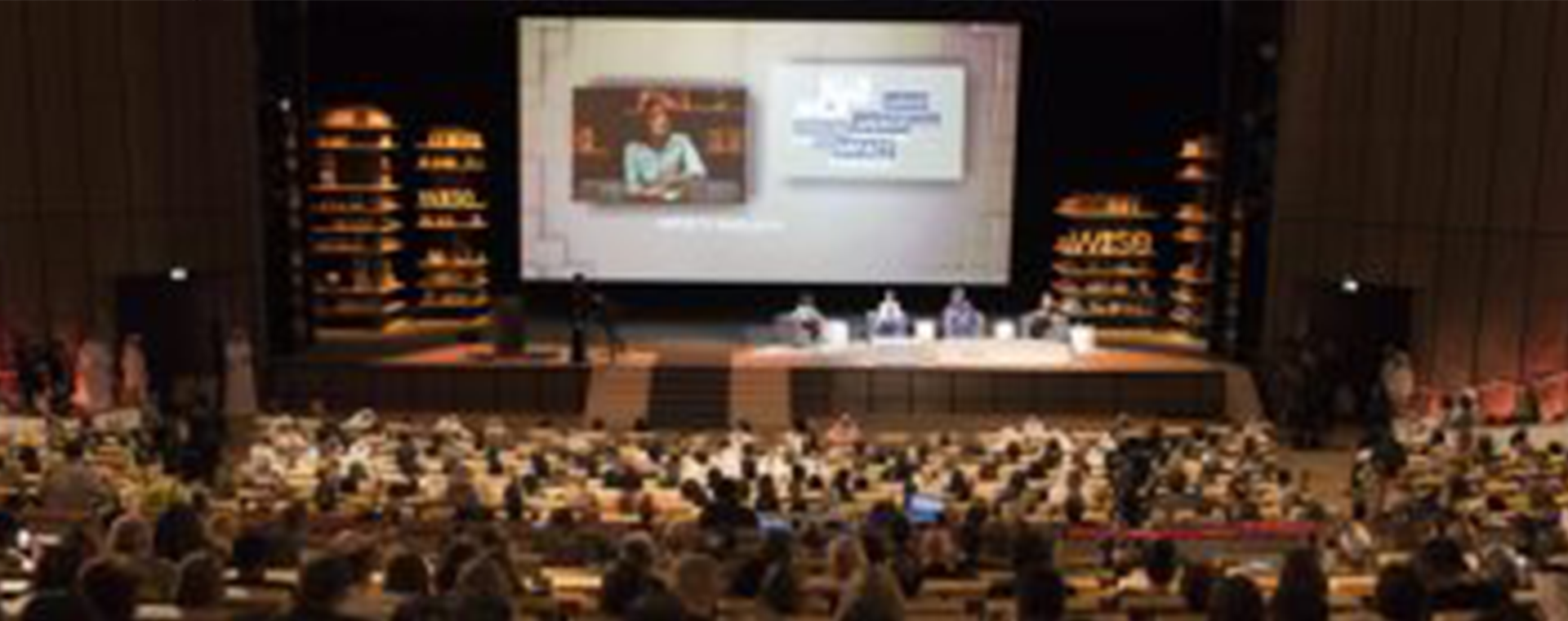
We have spent too many years now speaking of the need to transform the education model, a model that is failing to meet the needs of the third millennium. While many sectors are suffering disruption of their activities, the education sector seems to be comfortably ensconced in its ancestral ways.
The small adjustments that have been made are obviously not enough. They neither serve the demands of students and society, nor do they make the most of the resources we currently have to undertake substantial change.
Today, when learning to ask questions is much more important than learning their answers by rote, the education system, as a learning organisation, must meet the challenge of formulating the right questions in order to tackle its own transformation. Their answers, and the connections among them, will lead to new perspectives and deepen our understanding of a new education landscape that’s full of possibilities. Otherwise, disruption of the system, by informal and non-formal education agents, is waiting round the corner.
In order to carry out a 360º analysis, formal education institutions, and the whole educational sector, should firstly rethink their why: their purpose and role in the learning society. From this standpoint, the opportunities offered to expert learning organisations are limitless.
The questions of who learns and with whom are an invitation to include new agents in the process. Today, we are all forced to learn and unlearn. Students and educators, of course, but also social agents who have up to now outsourced educational responsibilities to schools and universities. Individuals, families, businesses, communications media, opinion leaders or public and private institutions should take part in a debate that will structure our future society if we want it to thrive.
Furthermore, as the goal is a deep transformation of the system, it is necessary to establish, not only connections within the different stages of the education process in order to create a true lifelong learning model, but also to include increasingly relevant education agents from outside the formal system in this new scenario. The educational change we need will only be possible through collaboration between formal and non-formal education. None of the parties can achieve this on their own.
One of the most vibrant debates today dives into what our students should be learning. There is no doubt that the curriculum taught in schools and universities around the world ceased to be relevant many years ago. The false debate between content and skills has taken up too much of our time, and has not tackled the obsolescence of current study plans. Again, only with the participation of new agents in this discussion can a new (and real) curriculum be designed for our students.
The development of 21st century skills leads us, inevitably, to reflect on how we learn. It is clear that there is no single learning model, only personal learning itineraries that should be adapted to the pace and style of each learner. If this is possible today, it’s thanks to the nearly unlimited education resources within our reach, many of them digital, that can answer the next question: what do we use to learn? In the use of any tool we must always bear in mind that our students’ education process, which is essentially a communication process, will break down if we do not employ the same channels and media.
Answering the questions of when and where we learn, also sets up new challenges. The learning process, today, takes place anywhere and in a 365/ 24/ 7 context. The same as knowledge overflew the narrow limits of traditional classroom walls a long time ago, so should formal education.
Finally, the evaluation of all the agents involved in the education process, not just the students, closes the circle of questions: how much do we learn? It goes without saying that a personal and fluid learning model calls for new forms of assessment. Even further, it demands that each learner uses his own big and small data to assure continuous performance improvement.
As educators we know that our students’ achievement is related to the quality of the tasks we set them. It is time the education system rose up to the challenge of its own transformation. To do this we need the courage to question the status quo, and the determination to act accordingly. There’s a lot at stake for each one of our students, and for the world.


